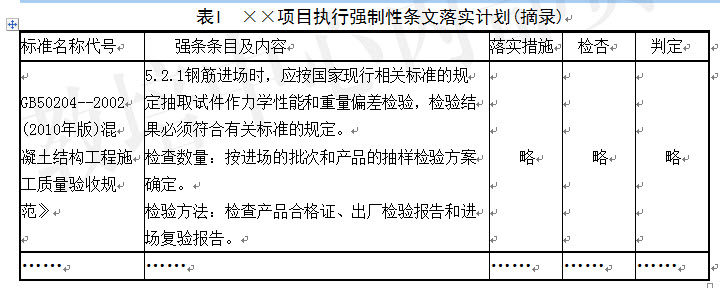Comparisons were drawn between the development of television in the 20th century and the diffusion of printing in the 15th and 16th centuries. Yet much had happened (91) . As was discussed before, it was not (92) the 19th century that the newspaper became the dominant pree-leetronie (93) , following in the wake of the pamphlet and the book and in the (94) of the periodical. It was during the same time that the communications revolution (95) up, beginning with transport, the railway, and leading (96) through the telegraph, the telephone, radio, and motion pictures (97) the 20th-eentury world of the motor ear and the airplane. Not everyone sees that process in (98) . It is important to do so.
It is generally recognized, (99) , that the introduction of the computer in the early 20th century, (100) by the invention of the integrated circuit during the 1960s, radically changed the process, (101) its impact on the media was not immediately (102) . As time went by, computers became smaller and more powerful, and they became "personal" too, as well as (103) , with display becoming sharper and storage (104) increasing. They were thought of, like people, (105) generations, with the distance between generations much (106)
It was within the computer age that the term" information society" began to be widely used to describe the (107) within which we now live. The communications revolution has (108) both work and leisure and how we think and feel both about place and time, but there have been (109) views about its economic, political, social and cultural implications. "Benefits" have been weighed (110) "harmful" outcomes. And generalizations have proved difficult.
A.regarded
B.impressed
C.influenced
D.effected
参考答案:C
解析: 空格所在句子是The communications revolution has (108) both work and leisure and how we think and feel both about place and time,因此考生需判断哪个动词可以描述句子主语,即通信革命对宾语我们的工作和休闲方式以及对时间和空间的思考和感知方式所做的动作。显然influenced是正确选项,句意为通信革命影响了我们的众多方式,其他三个选项和work和leisure搭配后从语义上都讲不通。

